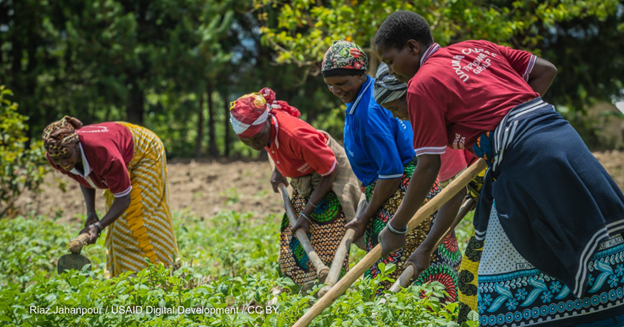Generating Resilience and Opportunities for Women (GROW) is an emerging program from the United States Agency for International Development (USAID) that addresses the urgent problems women face in the food and water systems, including climate change while permitting them to advance economically. This program will ultimately benefit their families, communities, and societies through increased food security, resilience, and economic growth.
GROW is set to invest up to $335 million through USAID’s Water, Sanitation, and Hygiene (WASH) and Adaptation activities and the U.S. government’s Feed the Future initiative, subject to funding availability and Congressional notification. In addition, GROW will focus on women’s empowerment in the food and water sectors.
Given the decreasing food security and climate-related issues facing women, their families, and communities globally, this commitment will allow USAID to broaden and deepen its programming to reach more women and give them greater power.
GROW will advance women’s empowerment in three priority areas, collaborating closely with national governments, implementing partners, and local communities: boosting women’s productivity and resilience to shocks; assisting women in fully participating in and benefiting from more diversified and climate-resilient economic opportunities in food and water systems, including in value chains outside of production; and lastly urging the humanitarian system to give priority to the needs of women.
The GROW project will address the discriminatory societal norms and laws perpetuating and reinforcing gender inequities in the food and water systems across these three objectives. GROW builds on the agency’s recently updated Gender Equality and Women’s Empowerment Policy, which establishes the vision for our work to advance gender equality and women’s empowerment globally and aligns with USAID’s desire to double our investments in gender equality by 2023.
The GROW project was launched at the U.S. launch of the FAO’s Status of Women in Agrifood Systems report, which asks for creative approaches to improve women’s empowerment and gender equality and create inclusive, resilient, and sustainable food systems. The investigation offers the most recent information, lessons discovered, and suggestions to help policy and decision-makers in that effort.





Comments are closed.